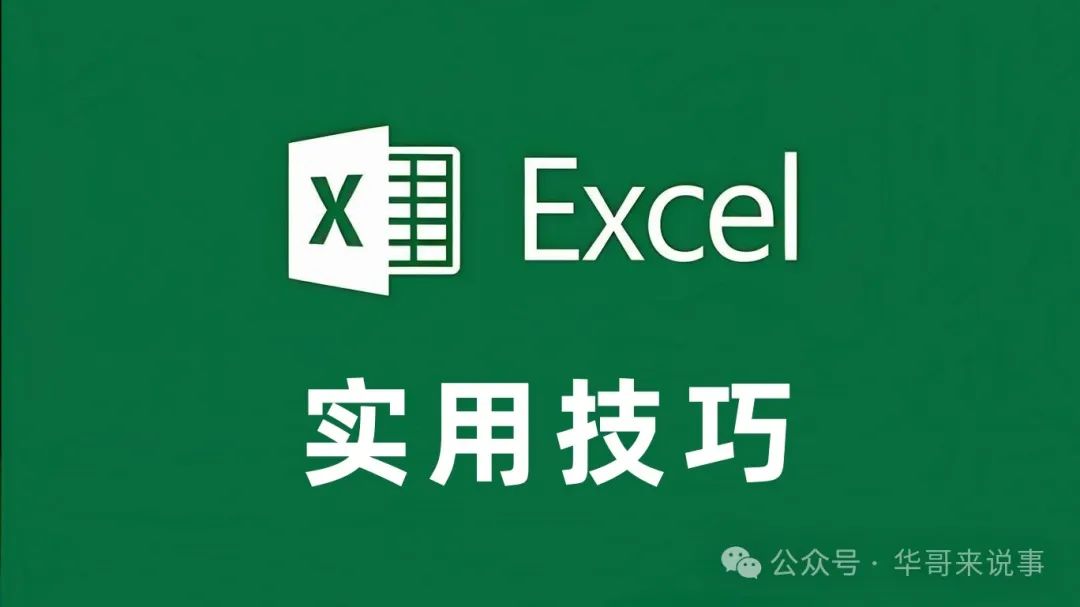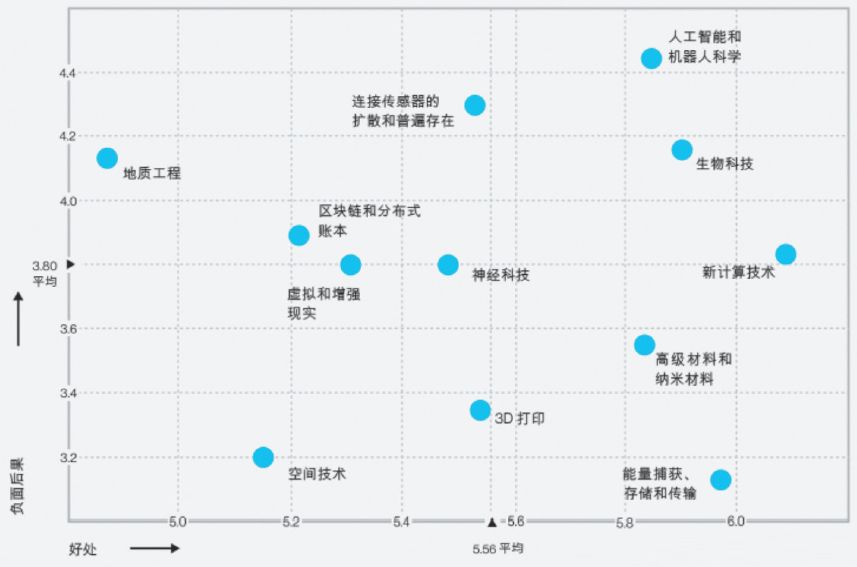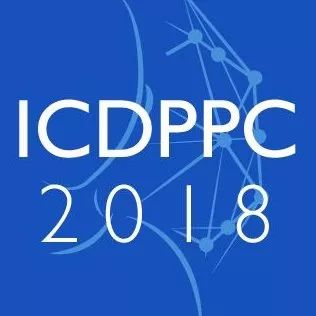Don't Let Artificial Intelligence Get Lost At The "fork In The Road" Between Technology And Ethics
Don't Let Artificial Intelligence Get Lost At The "fork In The Road" Between Technology And Ethics
"We also hope that Chinese companies and foreign companies can achieve more good results in the field of artificial intelligence. At the same time, we must also pay attention to how to standardize technological ethics and seek profits and avoid harm."
"We also hope that Chinese companies and foreign companies can achieve more good results in the field of artificial intelligence. At the same time, we must also pay attention to how to standardize scientific and technological ethics and seek profit and avoid harm." Minister of Science and Technology Wang Zhigang said this in response to the recent hot topics of high concern at the first session of the 14th National People's Congress on March 5.
Once upon a time, when talking about scientific and technological ethics, it was often linked to medical technology and life sciences, but with the implementation of information technology, especially big data, large computing power, and strong algorithms, the new generation of information technology represented by artificial intelligence has reached a "fork in the road" between science and technology and ethics.
Technology iteration speeds up making high-tech ethics a must-answer question
Recently, various capitals have attracted a lot of enthusiasm for artificial intelligence. Technology and ethics have been put on the table again to discuss. How to treat technology ethics dialectically and ensure that technology seeks profit and avoids harm has become a problem that all political and business communities in all countries must face.
"In the past decade, the rapid development of science and technology has touched the ethical rules of human beings. The most typical areas are life sciences, medicine and health, and artificial intelligence." Yang Ge, a science and technology commentator and visiting scholar of the European Open Science Forum (ESOF), said in an interview with a reporter from China Economic Times that the national level has been standardizing ethical issues in these fields, and there are two landmark events: one is the establishment of the National Science and Technology Ethics Committee on October 21, 2020; the other is the issuance of the "Opinions on Strengthening the Governance of Science and Technology" after the successful convening of the National People's Congress in March last year.
Yang Ge believes that these two incidents have made sufficient preparations for the legislation of science and technology ethics from the national level. Next, we must expect the responsible parties of governments and departments to formulate rules that suit them and promote and implement them.
Obviously, this is by no means easy. Yang Ge believes that for artificial intelligence, the macro-level ethical principles and technical research and development practices are still "two skins". For example, the discussion on privacy violations of algorithms does tend to improve efficiency in technology, but how to make algorithms good and technology good requires corporate entities to assume social responsibilities under the guidance of ethical principles.
"The faster the development of science and technology, the more it highlights the importance of science and technology ethics, and we should pay more attention to the research, education and popularization of science and technology ethics." Li Zhengfeng, deputy director of the Center for Science and Technology Development and Governance of Tsinghua University and professor of the Department of Sociology, also told our reporter that when the object of science and technology development changes from objects to people, ethical governance is relatively no longer simple. He believes that while technology eliminates many uncertainties in the development process, it will also bring about new uncertainties. This requires the formation of a necessary constraint system to control it.
Immediately improve the construction of the scientific and technological legal system
Policy deployments for scientific and technological ethics are by no means groundless. The "14th Five-Year Plan" outline puts forward relevant requirements for "improving the science and technology ethics system".
In 2021, General Secretary Xi Jinping pointed out at the Academicians of the Two Academies and the 10th National Congress of the China Association for Science and Technology, "Technology is a powerful tool for development and may also become the source of risks. We must forward-looking and analyze the rules and conflicts, social risks, and ethical challenges brought by the development of science and technology, and improve relevant laws and regulations, ethical review rules and regulatory frameworks."
"If we want to develop the digital economy, we must adapt to the requirements and development laws of big data in the times and cannot avoid the need for necessary legal constraints on data operation, use, technology supply and update. We must neither blindly oppose the commercial use of big data, nor allow it to act arbitrarily." Li Shunde, a researcher at the Institute of Law of the Chinese Academy of Social Sciences, told our reporter that it may be urgent to improve the scientific and technological legal system. For example, accelerate the promotion of relevant legislation in new technology fields, especially in the field of artificial intelligence, and promote the construction of a science and technology ethics governance system that covers comprehensively, has clear orientation, is standardized and orderly, and is coordinated.
In fact, at the legislative level, especially at the civil legislative level, space for improvement and progress has been reserved for data applications, intellectual property rights, etc.
Liu Zhihui, deputy director of the Institute of Civil Law, School of Civil and Commercial Economics and Law, China University of Political Science and Law, said in an interview with our reporter that the technological progress brought by the Internet and artificial intelligence is making human society face new legal problems and influences. How to deal with emerging legal relations requires legislation to keep pace with the times and reserve enough room for growth.
For example, for intangible property rights, Article 127 of the General Provisions of the First Part of the Civil Code of the People's Republic of China stipulates: "If the law has provisions on the protection of data and virtual property on the Internet, it shall be in accordance with such provisions."
Liu Zhihui believes that using the method of extracting public factors to the requirements of scientific and technological legislation and regulations to put the general principles means that each individual chapter designs the legal relationship of science and technology must define the ownership relationship according to the general rules, which will invisibly facilitate the formation of a judicial interpretation that is more in line with the social status at that time in the future in the future. She stressed that "legislation should keep pace with the times and adapt to the impact of new things on social relations."
At present, the national level has expressed its position and attitude to strengthen the governance of science and technology ethics. After all, ensuring that "technology is good" is the core requirement for human society to continue to promote scientific and technological progress, and it is also an inevitable move to guide scientific and technological development in accordance with the trajectory of improving human welfare. Science itself is a double-edged sword. How to use scientific and technological power to benefit the world tests decision-making wisdom, we must follow up on the necessary rule of law and system construction, so as to ensure that scientific and technological power operates efficiently under a restrained and controllable mechanism, and then achieve the purpose and original intention of benefiting society.





